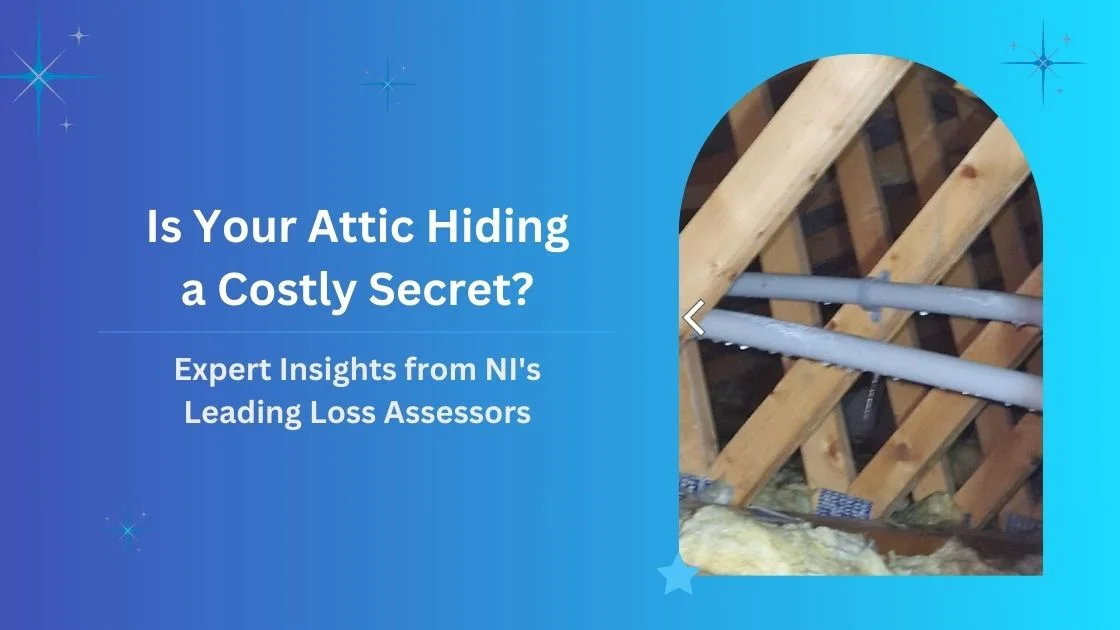Experiencing boiler pressure loss can be frustrating and inconvenient, especially during the colder months. In this post, we’ll explore the common causes behind this issue and provide straightforward solutions to help you get your heating system back on track.
- Boiler pressure loss can lead to inefficient heating and system failures. Common causes include water leaks, faulty pressure relief valves, and trapped air.
- Inspecting for leaks and monitoring the pressure gauge, which should ideally be between 1-1.5 bar when cold, is vital. Re-pressurising the boiler can often resolve low pressure; ensure you follow model-specific instructions.
- Should pressure loss persist or unusual noises occur, it’s wise to consult a qualified Gas Safe engineer. Regular maintenance and prompt detection of issues can prevent further complications.
Understanding Boiler Pressure
Boiler pressure serves as an essential indicator of the health and efficiency of a heating system, much like a heartbeat reflects the condition of a living organism.
Understanding boiler fundamentals is important for homeowners seeking comfort and reliability in their heating systems. The ideal pressure range typically spans from 1-1.5 bar when cold and 2-2.5 bar when hot, ensuring effective heating and hot water availability.
Pressure regulation is critical, as low pressure can lead to prolonged radiator heating times or even boiler shutdowns. Regular maintenance, including monitoring the pressure gauge and using the filling loop, can mitigate pressure loss, enhancing system longevity.
Furthermore, an expansion vessel plays a significant role in accommodating water volume fluctuations, ensuring optimal boiler performance within the prescribed pressure range.
Causes of Low Boiler Pressure
A variety of factors can contribute to low boiler pressure, considerably impacting the efficiency and safety of the heating system. Understanding boiler leak causes and prevention is vital for maintaining a well-functioning boiler.
Regular leak detection and valve inspection are essential for identifying these issues early. Moreover, the age and wear of the boiler can exacerbate these problems, emphasising the importance of routine maintenance for optimal performance.
Diagnosing Pressure Loss
Diagnosing pressure loss in a heating system is a critical process that requires careful inspection and attention to detail.
Begin by conducting thorough leak detection; examine pipework and radiators for visible signs, such as damp spots or hissing sounds, which may indicate escaping water.
Focus on common leakage points, including radiator valves, soldered joints, and the expansion vessel’s Schrader valve, as these areas are especially vulnerable.
Regularly monitoring the pressure gauge is essential; a reading below 1 bar signals low pressure, necessitating immediate intervention.
Furthermore, employ modern boiler error codes to streamline diagnosis and pinpoint specific issues.
Prompt identification and repair of leaks or faults are crucial to restoring boiler performance and ensuring a reliable heating system for your home.
Re-pressurising Your Boiler
After identifying and addressing any leaks or faults in the heating system, the next step is to re-pressurise the boiler to restore optimal functionality.
Begin by locating the filling loop, which is a silver or grey flexible hose with valves. Ensure that the boiler is turned off and has cooled down.
Follow these steps:
- Open both valves on the filling loop, starting with the one closest to the boiler.
- Monitor the pressure gauge and fill until it reaches 1-1.5 bar.
- Restart the boiler and check that the pressure remains within the optimal range.
- If the reading exceeds 2.5 bar, bleed the radiators to release any excess pressure.
- Always refer to your boiler manual for model-specific instructions.
This process ensures that your heating system operates efficiently and effectively.
When to Seek Professional Help
Homeowners often find themselves uncertain about when to seek the assistance of a professional concerning boiler pressure issues. It is crucial to arrange for professional inspections when persistent low boiler pressure persists despite attempts to re-pressurise. Unusual noises emanating from the boiler or frequent shutdowns due to pressure loss should also prompt immediate consultation with a Gas Safe engineer.
Furthermore, visible leaks around pipes or radiators require professional repairs to prevent further damage. If the pressure gauge consistently indicates below 1 bar, this suggests a potential fault that necessitates expert evaluation. Tip: Discover these urgent boiler pipe leak signs.
| Signs to Seek Help | Recommended Action |
|---|---|
| Persistent low pressure | Schedule a professional inspection |
| Unusual noises | Contact for immediate assessment |
| Visible leaks | Arrange for urgent repairs |
Maintenance and Prevention Tips
To ensure the longevity and efficiency of your boiler system, regular maintenance and proactive prevention measures are essential.
By implementing these practices, you can enhance boiler efficiency and maintain system integrity:
- Regularly check the boiler pressure gauge, aiming for 1 to 1.5 bar when cold.
- Schedule annual maintenance with a qualified Gas Safe engineer to identify potential issues early.
- Inspect radiator connections and pipework for leaks, addressing any damp patches or corrosion immediately.
- Use the filling loop to maintain boiler pressure, ensuring it does not exceed 2.5 bar.
- Educate household members on signs of low pressure, such as cold radiators or unusual noises, for timely intervention.
Key Takeaways
- Regularly monitor the boiler pressure gauge; the ideal pressure is 1-1.5 bar when cold and 2-2.5 bar when hot.
- Check for hidden water leaks in pipework and radiators, as these can significantly lower the pressure.
- Inspect and maintain the pressure relief valve and expansion vessel to prevent pressure fluctuations.
- Re-pressurise the boiler using the filling loop if the pressure drops below 1 bar, following the manufacturer’s instructions.
- Seek professional assistance if low pressure persists, if the boiler makes unusual noises, or if visible leaks are present.
Experiencing boiler pressure loss?
It could be a sign of a hidden leak or a more serious issue. Our expert leak detection service in Northern Ireland will quickly identify the root cause, ensuring your heating system runs smoothly and efficiently again. Don’t let small issues turn into costly repairs—get professional help today.
Keep your home warm and your boiler safe! Contact us now for a comprehensive leak inspection and restore peace of mind with prompt, expert solutions.
P.S. Boiler pressure loss won’t fix itself—let our team find and resolve the issue before it leads to bigger problems. Call now for a fast, reliable assessment.



